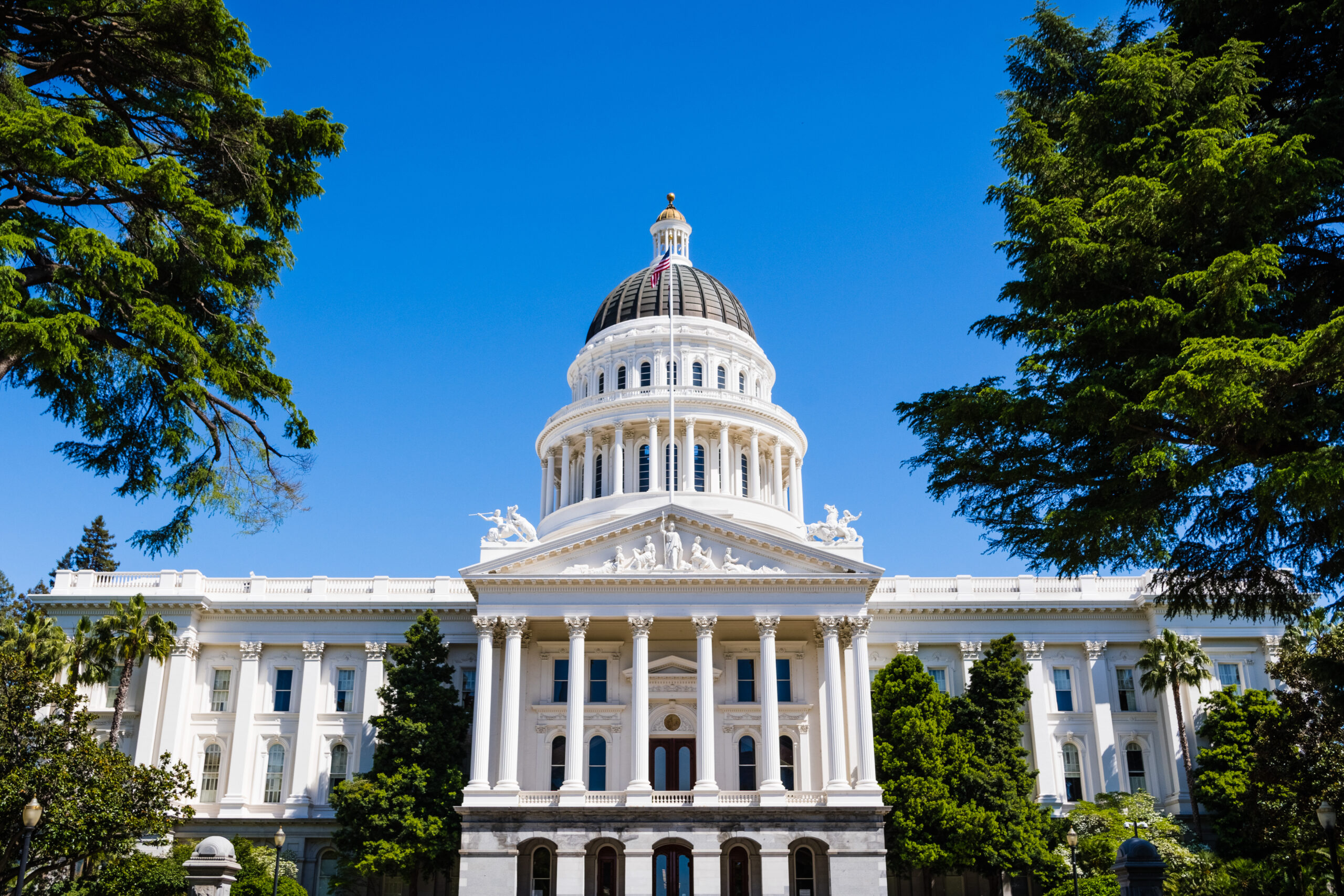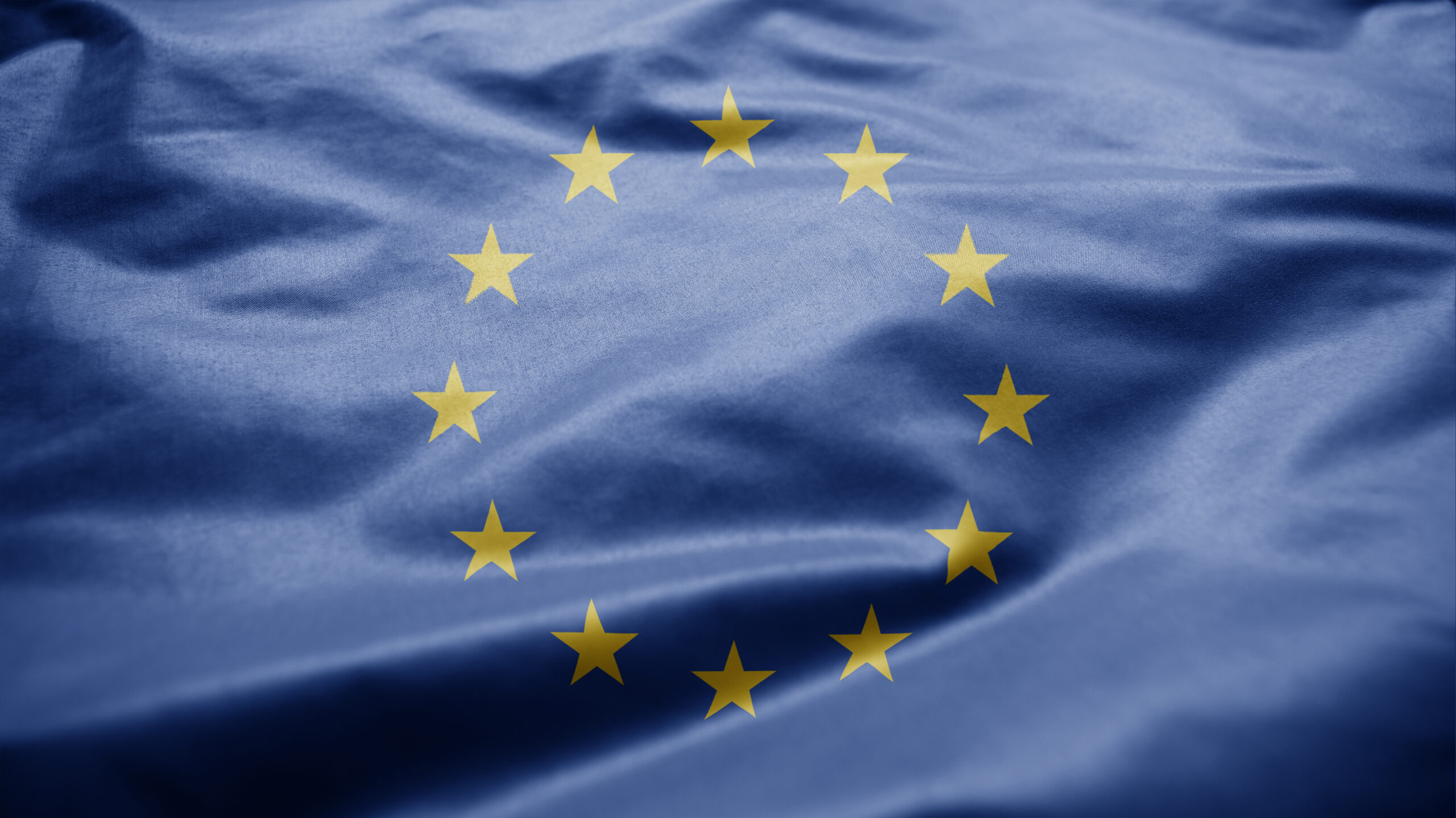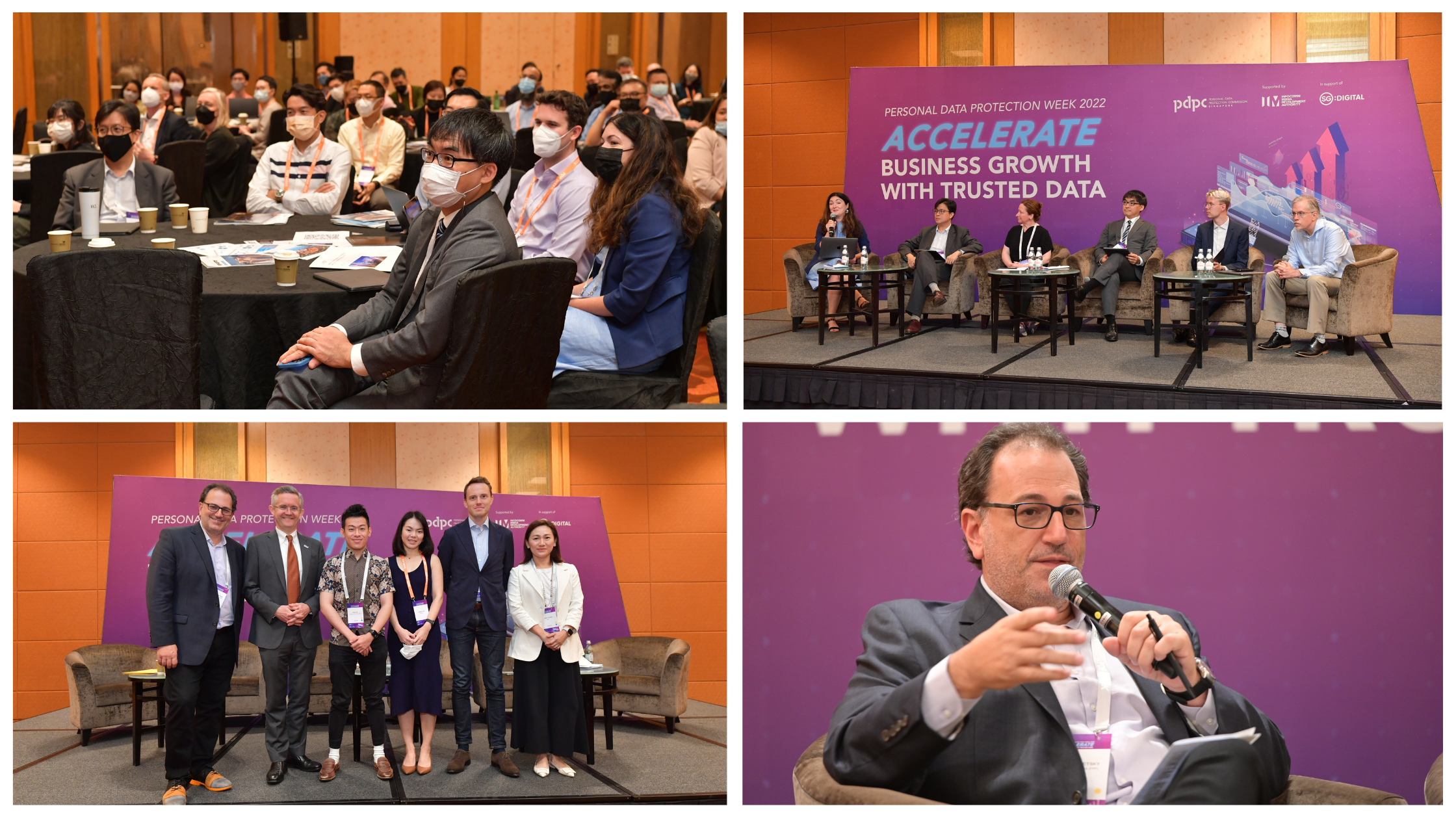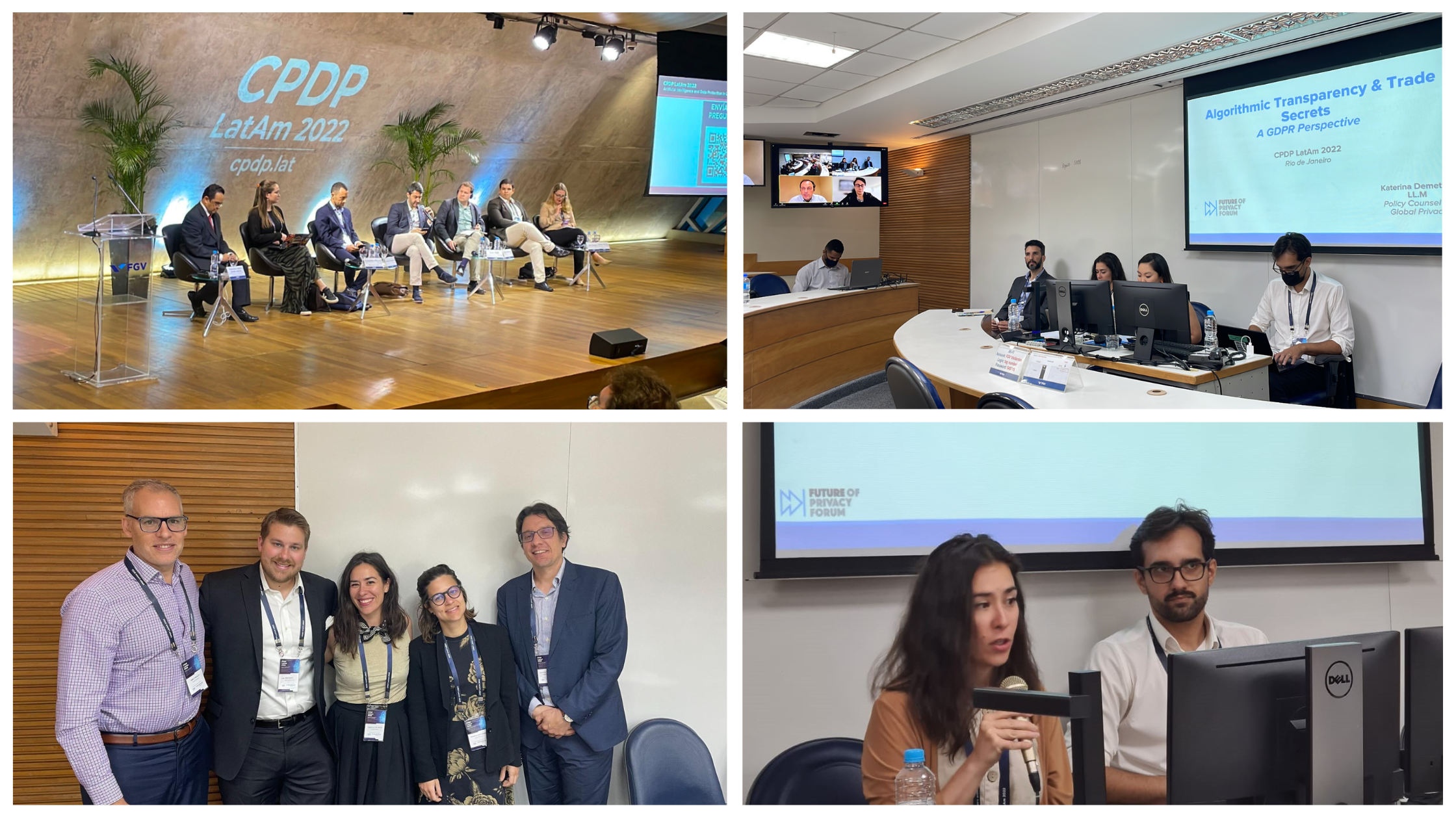
Judge declares Buenos Aires’ Fugitive Facial Recognition System Unconstitutional
On September 7, a trial judge declared the implementation of the Fugitive Facial Recognition System (SRFP, for its name in Spanish) by the Government of the City of Buenos Aires unconstitutional. The decision set an important precedent for risks associated with privacy and intimacy in public spaces in the context of public surveillance for law […]

The “Colorado Effect?” Status Check on Colorado’s Privacy Rulemaking
Colorado is set to formally enter a rulemaking process which may establish de facto interpretations for privacy protections across the United States. With the passage of the Colorado Privacy Act (CPA) in 2021, Colorado, along with Virginia, Utah, and Connecticut, became part of an emerging group of states adopting privacy laws that share a similar […]

FPF Participates in FTC Event on “Commercial Surveillance and Data Security” Proposed Rulemaking
Yesterday, FPF Senior Director for U.S. Policy Stacey Gray participated in a panel discussion hosted by the Federal Trade Commission (“FTC”) regarding its Advance Notice of Proposed Rulemaking (“ANPR”) on “Commercial Surveillance and Data Security” (comments start at 1:39:00). Feedback from the public forum is intended to help inform the Commission’s decision whether to proceed […]

Age-Appropriate Design Code Passes California Legislature
Update: On Sep 15, 2022, California Governor Gavin Newsom signed AB 2273, the California Age-Appropriate Design Code Act. The law will apply to businesses that provide online services, products, or features likely to be accessed by children and broadly requires businesses to implement their strongest privacy settings by default for young users up to the age of […]

Looking Back to Forge Ahead: Challenges of Developing an “African Conception” of Privacy
In this post for the FPF Blog, Mercy King’ori explores the cultural and societal underpinnings of “privacy” in Africa, looking throughout history, from pre-colonial times, and beyond the modern external influences on the legislative processes resulting in general data protection laws across the continent. The first essential point to start off from is understanding that […]

ETSI’s consumer IoT cybersecurity ‘conformance assessments’: parallels with the AI Act
In early September 2021, the European Telecommunications Standards Institute (ETSI) published its European Standard to lay down baseline cybersecurity requirements for Internet of Things (IoT) consumer products (ETSI EN 303 645 V2.1.1). The Standard is a recommendation to manufacturers to develop IoT devices securely from the outset. It also provides an internationally recognized benchmark – […]

APAC Jurisdiction Report Series with the Asian Business Law Institute
The Future of Privacy Forum (FPF) and the Asian Business Law Institute (ABLI) published a series of 14 detailed jurisdiction reports that explored the role and limits of consent in the data protection laws and regulations of 14 jurisdictions in Asia-Pacific, as part of FPF and ABLI’s ongoing joint research project. Read the reports below. […]

Introduction to the Conformity Assessment under the draft EU AI Act, and how it compares to DPIAs
The proposed Regulation on Artificial Intelligence (‘proposed AIA’ or ‘the Proposal’) put forward by the European Commission is the first initiative towards a comprehensive legal framework on AI in the world. It aims to set rules on specific AI applications in certain contexts and does not intend to regulate AI technology in general. The proposed […]

FPF and Singapore PDPC Event: “Data Sovereignty, Data Transfers and Data Protection – Impact on AI and Immersive Tech”
On July 21, the Future of Privacy Forum (FPF) and Singapore’s Personal Data Protection Commission (PDPC) co-hosted a workshop as part of Singapore’s Personal Data Protection Week, titled “Data Sovereignty, Data Transfers and Data Protection – Impact on AI and Immersive Tech” at Marina Bay Sands Expo and Convention Center in Singapore. The event focused […]

FPF at CPDP LatAm 2022: Artificial Intelligence and Data Protection in Latin America
This summer the first-ever in-person Computers, Privacy and Data Protection Conference – Latin America (CPDP LatAm) took place in Rio de Janeiro on July 12 and 13. The Future of Privacy Forum (FPF) was present at the event, titled Artificial Intelligence and Data Protection in Latin America, participating in two panels and submitting a paper […]
